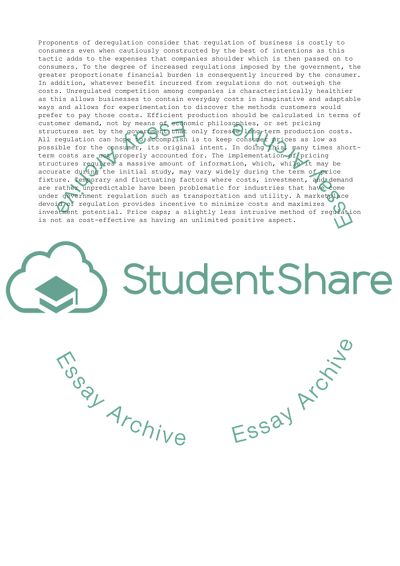Cite this document
(Government Deregulation and Business Term Paper, n.d.)
Government Deregulation and Business Term Paper. https://studentshare.org/business/1703904-government-deregulation-and-business
Government Deregulation and Business Term Paper. https://studentshare.org/business/1703904-government-deregulation-and-business
(Government Deregulation and Business Term Paper)
Government Deregulation and Business Term Paper. https://studentshare.org/business/1703904-government-deregulation-and-business.
Government Deregulation and Business Term Paper. https://studentshare.org/business/1703904-government-deregulation-and-business.
“Government Deregulation and Business Term Paper”. https://studentshare.org/business/1703904-government-deregulation-and-business.


